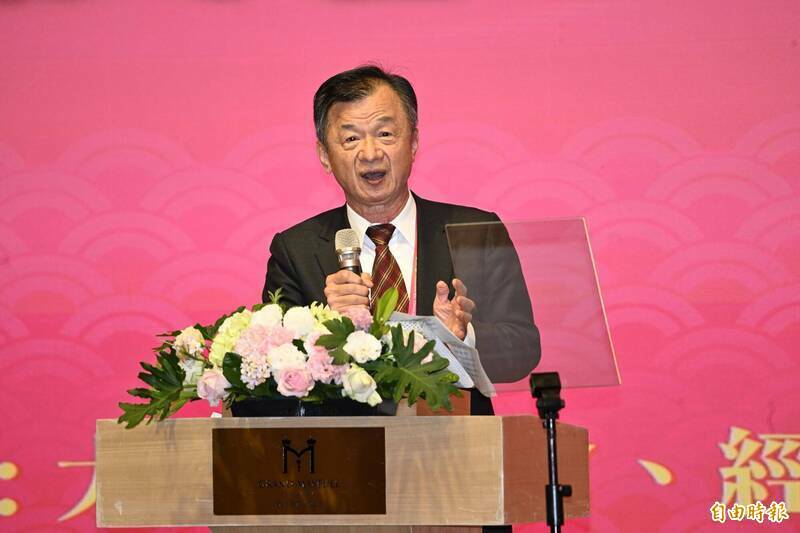Chiu Taisan emphasized that the CCP’s soft and hard tactics towards Taiwan will not change, and the challenges and risks facing Taiwan will become more difficult.
(file photo)
[Reporter Zhong Lihua/Taipei Report] The MAC recently held its 44th Advisory Committee meeting. Members at the meeting reminded that although the tension in the Taiwan Strait has eased, the CCP is using "peace and war" against Taiwan. Cooperation and foreign dignitaries' visits to Taiwan have strong responses, and the United Front and military diplomacy have been decoupled, and will not be relaxed because of cross-strait peace. The direction of opposing independence and promoting reunification remains unchanged. It is recommended that the government should not take it lightly.
The Chairman of the MAC, Qiu Taisan, emphasized in the meeting that the CCP’s recent internal and external policies are all enhancing its ability to resist pressure, maintain stability and prevent risks. Even more difficult, relevant government agencies will continue to grasp the research and make appropriate adjustments.
Please read on...
Chiu Taisan pointed out that due to political factors, the mainland unilaterally restricted its group visitors and free travel to Taiwan. We advocate that the principles of "healthy and orderly, mutual benefit, rational equality, and mutual respect" in cross-strait exchanges will remain unchanged and will be properly evaluated. The development of the cross-strait situation and the needs of the people's rights and interests, in order to safeguard the best interests of Taiwan.
Scholars said that the CCP moderated its remarks on Taiwan during the "two sessions", strengthened cross-strait exchanges and integration, and promoted the unification process; in the future, it will continue to target Taiwan's target groups to promote "integration" work.
In addition, members of the meeting pointed out that the focus of the CCP’s efforts to promote reunification is to “remove differences” rather than “seek common ground”; the process of promoting reunification is based on the “overall strategy” and the “two systems plan,” and the legal system will be completed through the “National People’s Congress” legislation frame.
According to the analysis of the participating members, the CCP’s general security budget for diplomacy, military affairs, and stability maintenance has been greatly increased, and institutional reforms have further "strengthened the party and weakened the government."
China's real estate market value has been greatly reduced, the youth unemployment rate remains high, local debt is huge, domestic consumption is limited, and foreign investment is withdrawn and confidence is low, which may make it difficult to achieve the goal of 5% GDP growth this year.
Some members also pointed out that under the severe unemployment situation among young people in China, the number of Taiwan students who have gone to China to return to Taiwan has increased. However, in order to resist foreign sanctions, the CCP urgently needs to reorganize the red supply chain. More talents return.
